Surviving Vacation With 5 Simple And Practical Tips was first published on http://www.totalsurvival.net/
A plan for surviving vacation may not often cross our minds, but it is still an essential thing that all of us should consider.
Perhaps one of the most dangerous things we regularly do is to go on vacation. I realize it may sound like I’m talking facetiously, but I’m not. An amazing number of people have had their vacation end in some sort of survival situation. This could be something as simple as a broken leg from an accident to a car going off the road in a storm. It could even be as serious as being lost in the mountains and nearly dying of hypothermia when the sun goes down.
The truth is, the world doesn’t go on vacation just because you do. Rather, the simple fact that you are going on vacation means that you are doing things you don’t normally do. This adds an element of danger to your life. On top of that, there are two-legged predators among us who make their “livelihood” by preying on people who are on vacation. Pickpockets, thieves, and con men love people who are on vacation. The main reason they do is because a tourist’s guard is usually down, thereby making that individual an easy target.
Being a survivalist means being a survivalist all the time, not just when it is convenient. Problems just don’t seem to happen when it’s convenient for us. But rather, they often seem to occur when it is least convenient for us. So, we definitely have to be prepared all the time.
More than anything, that means keeping your radar going and watching out for potential problems. No, you don’t need to destroy your vacation as you keep an eye out for danger. However, you shouldn’t close your eyes to it either. Instead, keep yourself in “condition yellow” by being aware of what’s going on around you while you are enjoying yourself. This also means having the necessary equipment and supplies with you to take care of any emergencies you may encounter.
Surviving Vacation Tip #1: Traveling Prepared
I always travel with a survival kit so that I have something to work with if I find myself in a survival situation. How big a kit I travel with has a lot to do with how I’m traveling. If my wife and I are driving somewhere, I’ll carry our emergency backpack, which has just about everything we could need. It’s essentially a bug out bag and can certainly serve the same purpose as a normal one would.
There have been countless times when I’ve dug into that pack for one thing or another, even when we weren’t in a survival situation. Something as simple as eating leftovers from last night’s dinner can be a problem in a hotel room. This is especially true since they don’t normally have silverware even if they do have a microwave.
Nonetheless, that pack is too big to take with us if we’re traveling by air. In those cases, I carry my EDC (everyday carry) bag. This is a cross-body tactical bag, which makes for a pretty good survival kit. Not only do I have all the basic survival gear in it, but I also have rain ponchos and a little bit of food. Since we have large suitcases, I have enough room to bring that along, even if I’m taking enough clothing to last me a couple of weeks.
I also have a smaller survival kit which can be hung on my belt. There have been a few times when I’ve used that rather than my EDC bag. Usually, I do this because I have to carry a daypack for whatever activity we’re doing. Still, it’s pretty rare that I don’t at least have my EDC bag with me. If we’re going for a hike, you can be sure that I’m carrying that along.
Surviving Vacation Tip #2: Traveling Armed
I’m also a firm believer that if you’re going to carry concealed, then you should do so all the time. About the only time you can catch me without a gun and a knife is when I’m in the shower or in bed. When I’m in bed almost doesn’t count because the gun is on the headboard and within arm’s reach.
So when I’m traveling, I also take my gun and knife with me, assuming I’m traveling to a state that recognizes my concealed carry license. There are still a few states that don’t recognize it and I try to avoid traveling to those.
Surviving Vacation Tip #3: Avoiding Trouble
The other part of surviving vacation involves avoiding problems altogether. That’s not always possible to do, or we wouldn’t need to worry about carrying around a survival kit. Yet, it really doesn’t take all that much effort to avoid most potential problems.
The first part of this process is to stay informed. Always be sure to get the weather report wherever you are. There are many places where storms can move in quickly with little warning. Notwithstanding, few of those can escape weather radar. You need to check the radar to find out what’s going on.
Check the news as well. If there is unrest or crime in the city, then that should show up in the news, which will warn you about places to avoid. The hotel staff will typically know about this as well, so it’s always a good idea to check at the desk if you’re staying in a hotel. Finally, if you’re traveling abroad, make use of the State Department’s website, which will post traveler’s advisories.
Surviving Vacation Tip #4: Keep Your Head On A Swivel
Criminals that prey on travelers look for those who are not aware of what is going on around them. The last thing they want is for someone to recognize them and turn their description into the police. Not only that, but they don’t want to lose their lucrative territory by having to avoid someone who might easily identify them.
Tourists typically look around, but they are normally looking at buildings or other sights. Looking around at the people around you, especially those behind you, allows you to spot anyone who is suspicious. This technique will allow you to upgrade your alert level from yellow to orange. But the best part of it is that it warns the criminals that they don’t want to mess with you. Often, keeping your head on a swivel is all that you need to do to ensure that they leave you alone and go looking for someone else to steal from.
Surviving Vacation Tip #5: Keep Track Of Your Stuff
Don’t leave anything sitting around. If you go to the beach, for example, at least one family member should stay with your stuff while everyone else enjoys the water. It only takes a second for a crook to grab your camera and telephone if it’s left unattended.
Backpacks and women’s purses are especially susceptible to theft. A cross-body shoulder bag is a great solution to this. However, don’t just sling it across your body and carry it behind you. Preferably, let it sit on one of your hips or slightly in front of your hip, with one hand on it. If it is behind your back, they can slit it open and empty the contents without you ever knowing it.
You may also enjoy reading an additional Off The Grid News article: The 11 Most Important Survival Items When You’re Lost And Desperate
Do you have any more thoughts or suggestions on surviving vacation? Let us know in the comments below.
The post Surviving Vacation With 5 Simple And Practical Tips appeared first on Off The Grid News.
This Article Was Originally Posted On offthegridnews.com Read the Original Article hereSource Here: Surviving Vacation With 5 Simple And Practical Tips



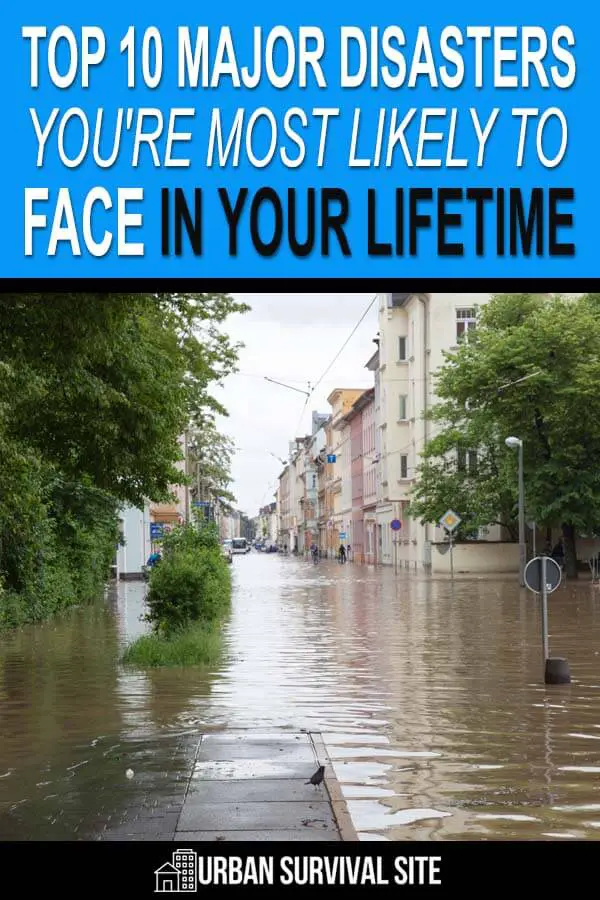
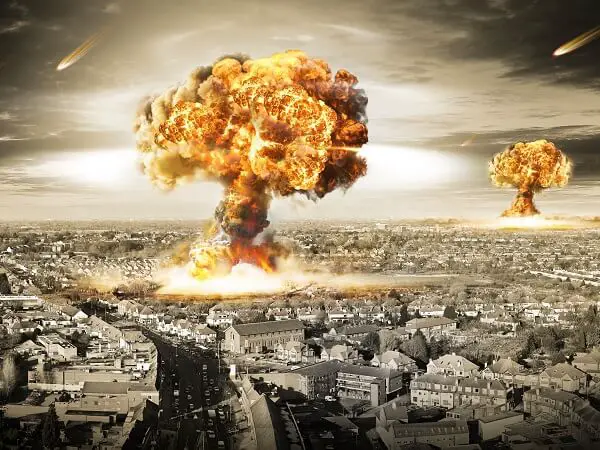
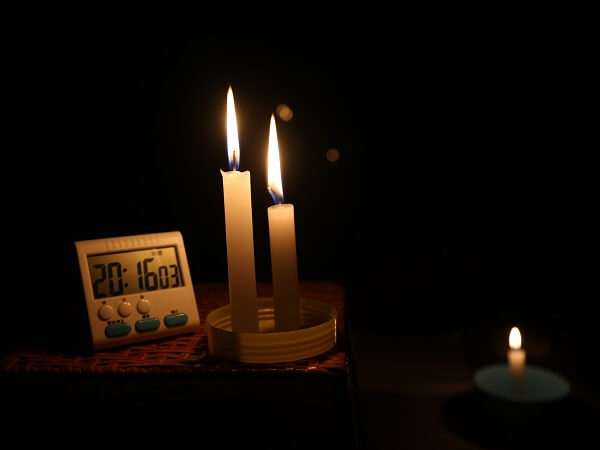
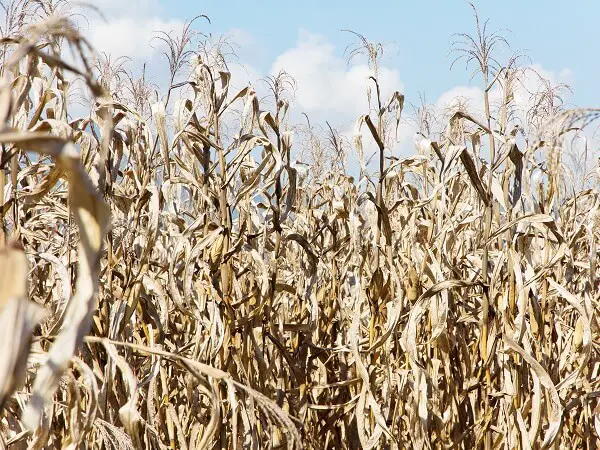
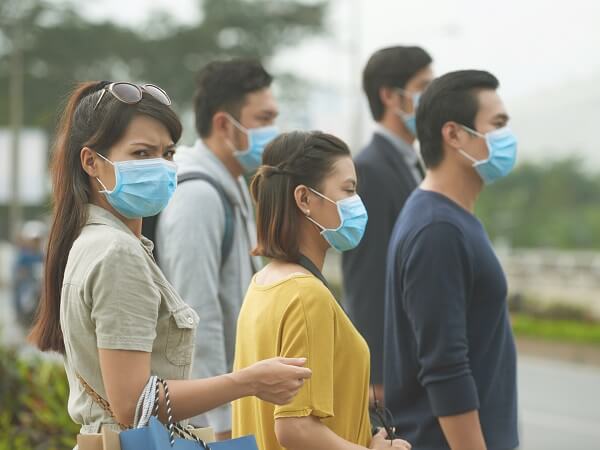

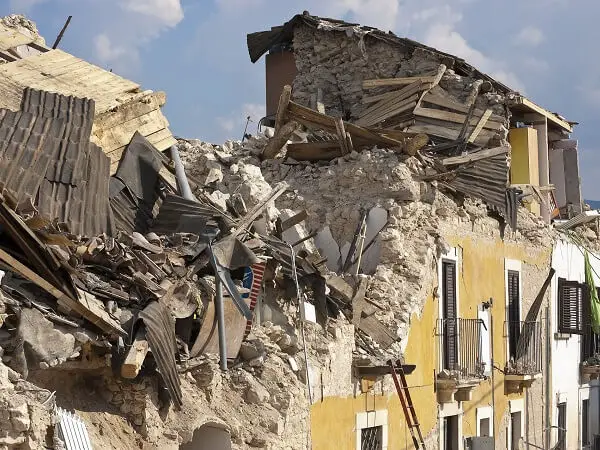
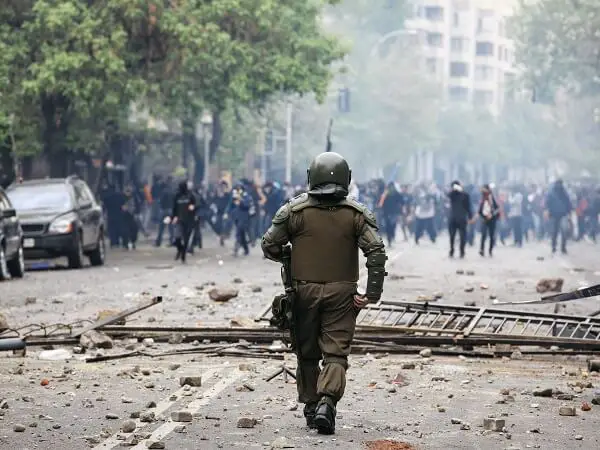
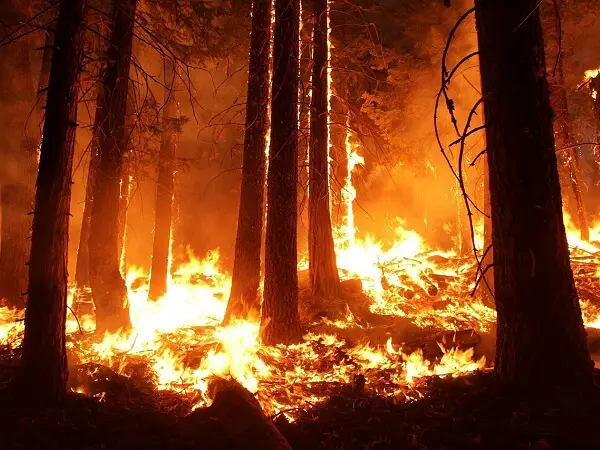
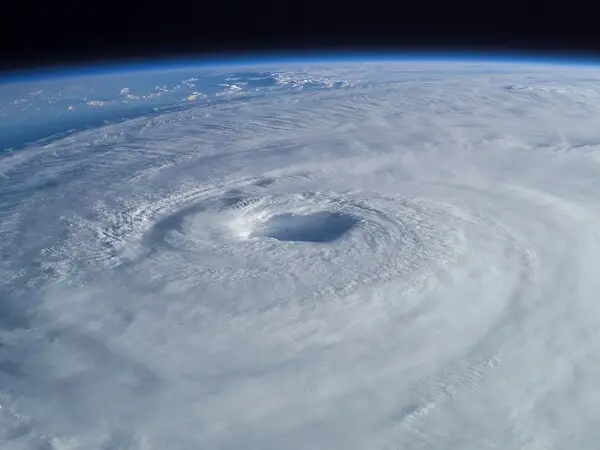
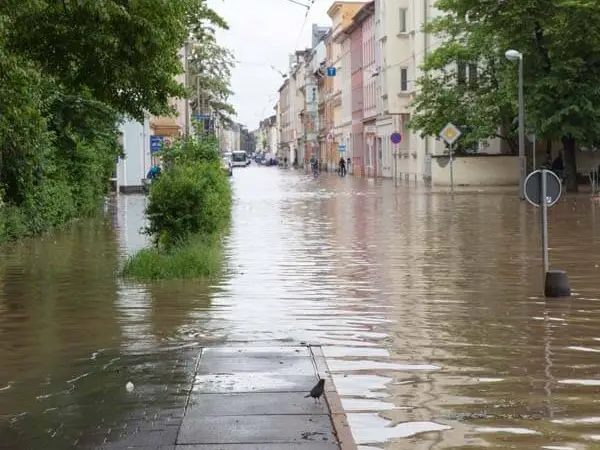
 This article first appeared on urbansurvivalsite.com
This article first appeared on urbansurvivalsite.com